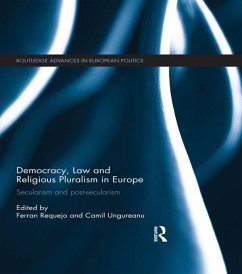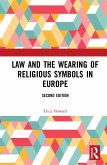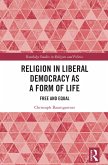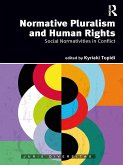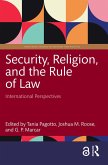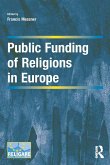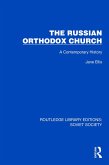This book focuses on a central question: are the classical secularist arrangements well-equipped to tackle the challenge of fast-growing religious pluralism? Or should we move to new post-secular arrangements when dealing with pluralism in Europe? Offering an interdisciplinary approach that combines political theory and legal analysis, the authors tackle two interrelated facets of this controversial question. They begin by exploring the theoretical perspective, asking what post-secularism is and looking at its relation to secularism. The practical consequences of this debate are then examined, focusing on case-law through four empirical case studies.
Dieser Download kann aus rechtlichen Gründen nur mit Rechnungsadresse in A, B, BG, CY, CZ, D, DK, EW, E, FIN, F, GR, HR, H, IRL, I, LT, L, LR, M, NL, PL, P, R, S, SLO, SK ausgeliefert werden.

